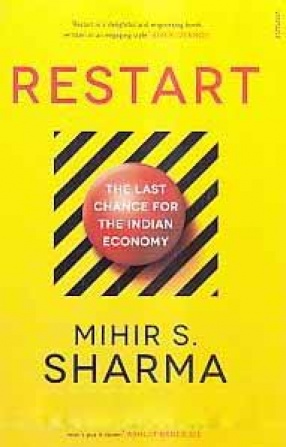This definitive study brings together recent critiques of development and work in postcolonial studies to explore what the postcolonial condition has meant to rural people in the Third World. Focusing on local-level agricultural practices in India since the ‘green revolution’ of the 1960s, Akhil Gupta challenges the dichotomy of ‘developed’ and ‘undeveloped’, as well as the notion of a monolithic postcolonial condition. In so doing he advances discussions of modernity in the Third World and offers a new model for future ethnographic scholarship. Based on fieldwork done in the village of Alipur in rural north India from the early 1980s through the 1990s. Postcolonial Developments examines development itself as a post-World War II sociopolitical ideological formation that has been responsible for the most ambitious national and international experiments in social engineering the world has ever witnessed. Gupta analyses connections and conflicts between the world food economy, transnational capital, and technological innovations in wheat production. Drawing links between village life, national trends, and global forces, Gupta looks at the implications of environmentalism, as exemplified by the Rio Earth Summit, and examines how global environmental treaties may detrimentally affect the lives of subaltern people. This innovative study brings together many related disciplines: anthropology, sociology, comparative politics, cultural geography, ecology, political science, agricultural economics and history. It offers subtle insights into the wide range of issues and themes it addresses and is essential reading for all those interested in them.

Postcolonial Developments: Agriculture in the Making of Modern India
In stock
Free & Quick Delivery Worldwide
reviews
Bibliographic information
Title
Postcolonial Developments: Agriculture in the Making of Modern India
Author
Edition
1st ed.
Publisher
ISBN
0195648129
Length
xv+409p.
Subjects




There are no reviews yet.